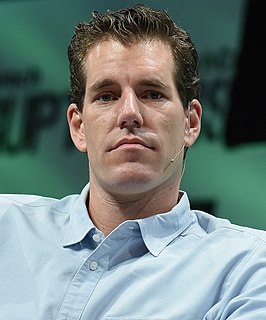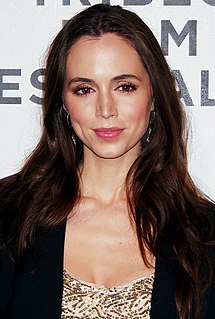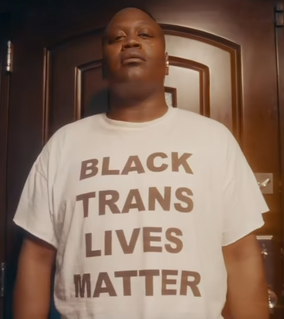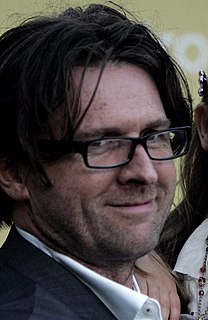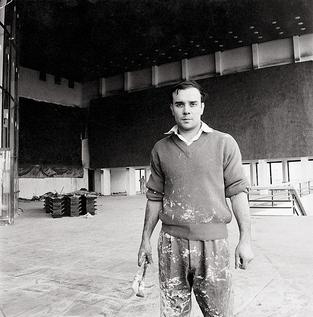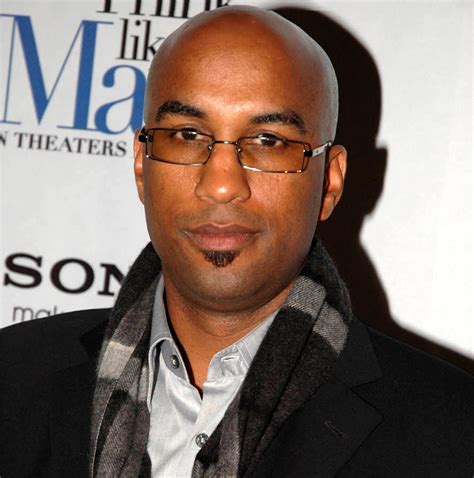A Quote by Cameron Winklevoss
We certainly grew up and had opportunities. But it's not like our parents are aristocratic blue bloods.
Quote Topics
Related Quotes
We pretend to be a middle class, democratic nation, but in reality we love our blue bloods. ... We love the prep school manners, the aristocratic calm, the Skull and Bones mystery, the dappled lawns stretching before New England summer homes. How else can be explained the Bush vs. Kerry match-up that confronts us this year?
'Our parents' generation had it a lot tougher than we did. They had to live through the Depression, World War II, and then they had to, you know, try to pick up the pieces of their lives and bring up their children. And, it was a great example for us. I guess we grew up with a certain amount of the ethics our parents had, which is, you know: work hard, make your own way, be independent.
We grew up in a praying home [with Alex Kendrick], we saw incredible answers to prayer in our parents' lives, they grew up in praying homes, our father launched a Christian school with nothing, basically he had some people that believed in the project but they had very little resources, and we watched our parents deal with those issues first in prayer, and then when they went out knocking on doors they saw amazing doors answered and resources come in.
My parents were 30 years older than I was, and my parents had my brother and I ten years apart. My parents grew up in segregation, and they both lived in all-black neighborhoods and grew up with large black families. I didn't have any of that, and I didn't understand feeling so differently and being treated so differently.
I have never said that human society ought to be aristocratic, but a great deal more than that. What I have said, and still believe with ever-increasing conviction, is that human society is always, whether it will or no, aristocratic by its very essence, to the extreme that it is a society in the measure that it is aristocratic, and ceases to be such when it ceases to be aristocratic. Of course I am speaking now of society and not of the State.
